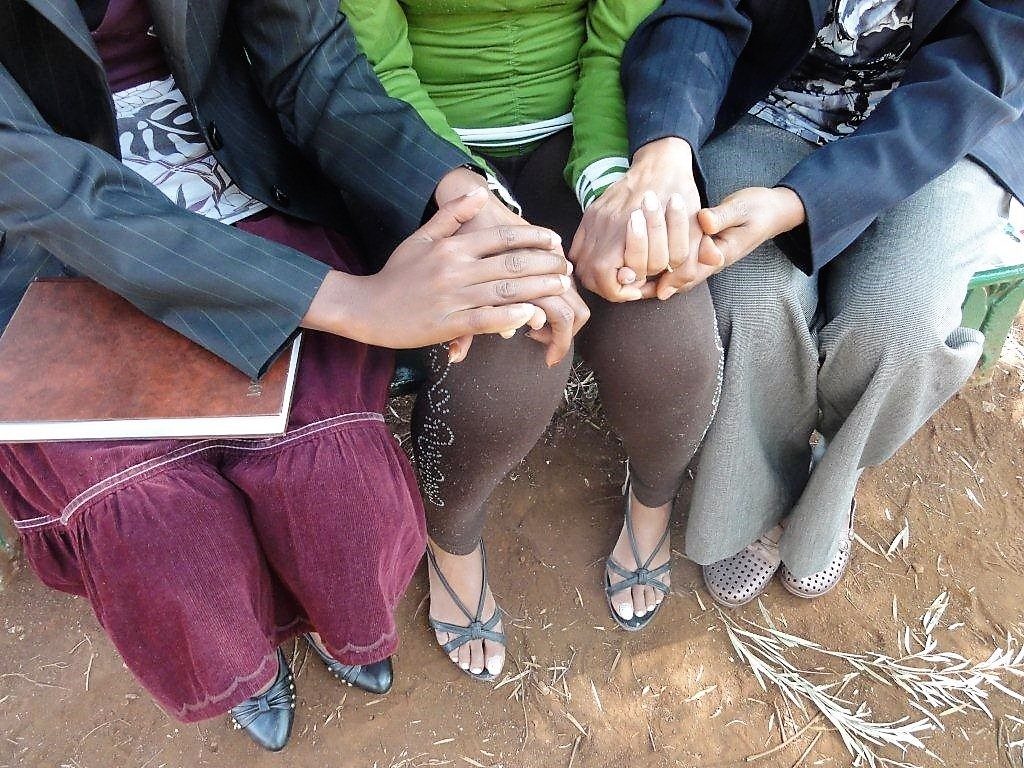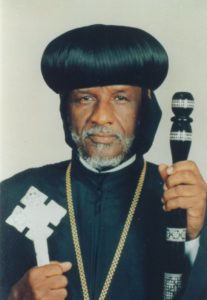
The Eritrean government has released on bail more than 20 prisoners who’d been in detention for years because of their faith, the BBC reports.
It says sources have said that the prisoners are from Christian evangelical and Pentecostal denominations, some held in a prison outside the capital Asmara.
In 2002 Eritrea introduced a new law that forbids all Churches except for the Orthodox, Catholic and Evangelical Lutheran ones. Sunni Islam is also officially recognised.
According to a religious freedom campaigner from Asmara, but now based in North America, Hannibal Daniel, people who’d been in prison for about 16 years have been freed on bail.
A regional spokesperson for charity Open Doors International said that, for some time, it had heard discussion that prisoners might be freed on bail due to the coronavirus pandemic (as has happened in several other countries) but could not independently confirm the reports: “If true, this could be quite significant.”
The Eritrean government has not responded to BBC requests for confirmation or denial. Previously, it’s dismissed accusations of intolerance to religious freedom.
In May 2019, a monitoring group for the UN said “thousands” of Christians are facing detention as “religious freedom continue[s] to be denied in Eritrea” and questioned why the UN was not monitoring the situation more closely.
In June 2019, Thomson Reuters reported that more than 500,000 refugees worldwide have left Eritrea, up from 486,200 a year earlier.
Many flee compulsory military service, but others flee political or religious persecution.
That same month, the government seized all Catholic-run health clinics in the country, and arrested five Orthodox priests. These moves prompted the UN Special Rapporteur for human rights in Eritrea, Daniela Kravetz, to call on the government to uphold religious freedom for its citizens and “release those who have been imprisoned for their religious beliefs.”
In August 2019, Eritrea’s Orthodox patriarch, Abune Antonios, was expelled by pro-government bishops of his Church, accused of heresy; he remained in detention throughout 2019.

Antonios had been under house arrest since 2007, when he refused to comply with the regime’s attempts to interfere with church affairs.
The US Commission on International Religious Freedom says Eritrea is a ‘Country of Particular Concern’, saying “In 2019, religious freedom conditions in Eritrea worsened, with increasing interference in and restrictions on religious groups. In spite of the significant regional political changes and the 2018 peace agreement between Eritrea and Ethiopia, Eritrea continues to have one of the worst religious freedom records in the world, and has shown little interest in concretely improving the situation”. The State Department estimates there are between 1200 and 3000 prisoners held for their faith. USCIRF included some of those cases in its new Victims List.
Some prisoners, such as the leader of the Full Gospel Church, have been in prison for more than 15 years.
A year, ago, 70 Christians detained included 35 women and 10 children
At least 150 Eritrean Christians were arrested by government officials during summer 2019, with some held in an underground prison made up of tunnels.
For instance on 18 August, 2019, Eritrean security officials detained 80 Christians from Godayef, an area near Asmara airport.
Four days later, on 22 August, the United Nations observed its first annual commemoration of victims of religiously motivated violence. “On this day, we reaffirm our unwavering support for the victims of violence based on religion and belief. And we demonstrate that support by doing all in our power to prevent such attacks and demanding that those responsible are held accountable,” said UN Secretary-General António Guterres.
The government’s 2019 clampdown on evangelical Christians had begun in June 2019 when security officials arrested 70 members (among them 35 women and 10 children) of the Faith Mission Church of Christ, in Eritrea’s second city, Keren. These were taken to Ashufera prison, 25kms from the city.
The prison is a vast underground tunnel system and conditions in which detainees are held are very harsh, a local source said. It’s far from a main road, the source said, which “means that anyone who wants to visit has to walk a minimum of 30 minutes to reach the entrance.
Inmates are forced to dig additional tunnels when officers need extra space for more prisoners.”
After the 2019 arrests, government officials also closed the church-run school, said the local source, whose identity World Watch Monitor withheld for security reasons.
The Faith Mission Church of Christ was the last church still open in the majority-Muslim city, 90kms northwest of Asmara. Started over 60 years ago, the Church once had schools and orphanages all over the country, according to religious freedom advocacy group CSW.
It had been waiting for registration since it submitted an application in 2002 when the government introduced the new law. This clampdown sent other Christians in Keren into hiding, the source said.
Eritrea is 6th on the Open Doors 2020 World Watch List of the 50 countries in which it is most difficult to live as a Christian.